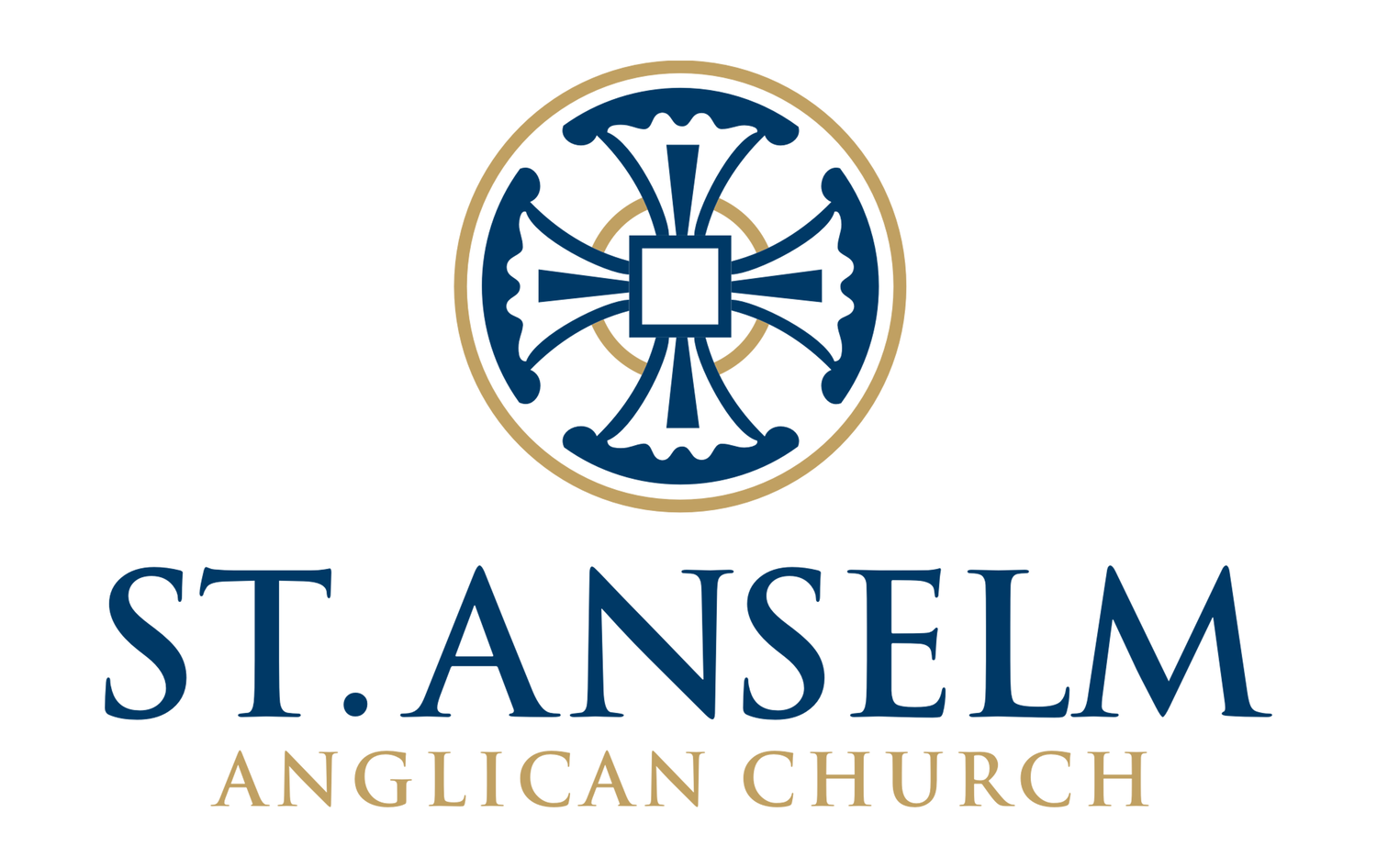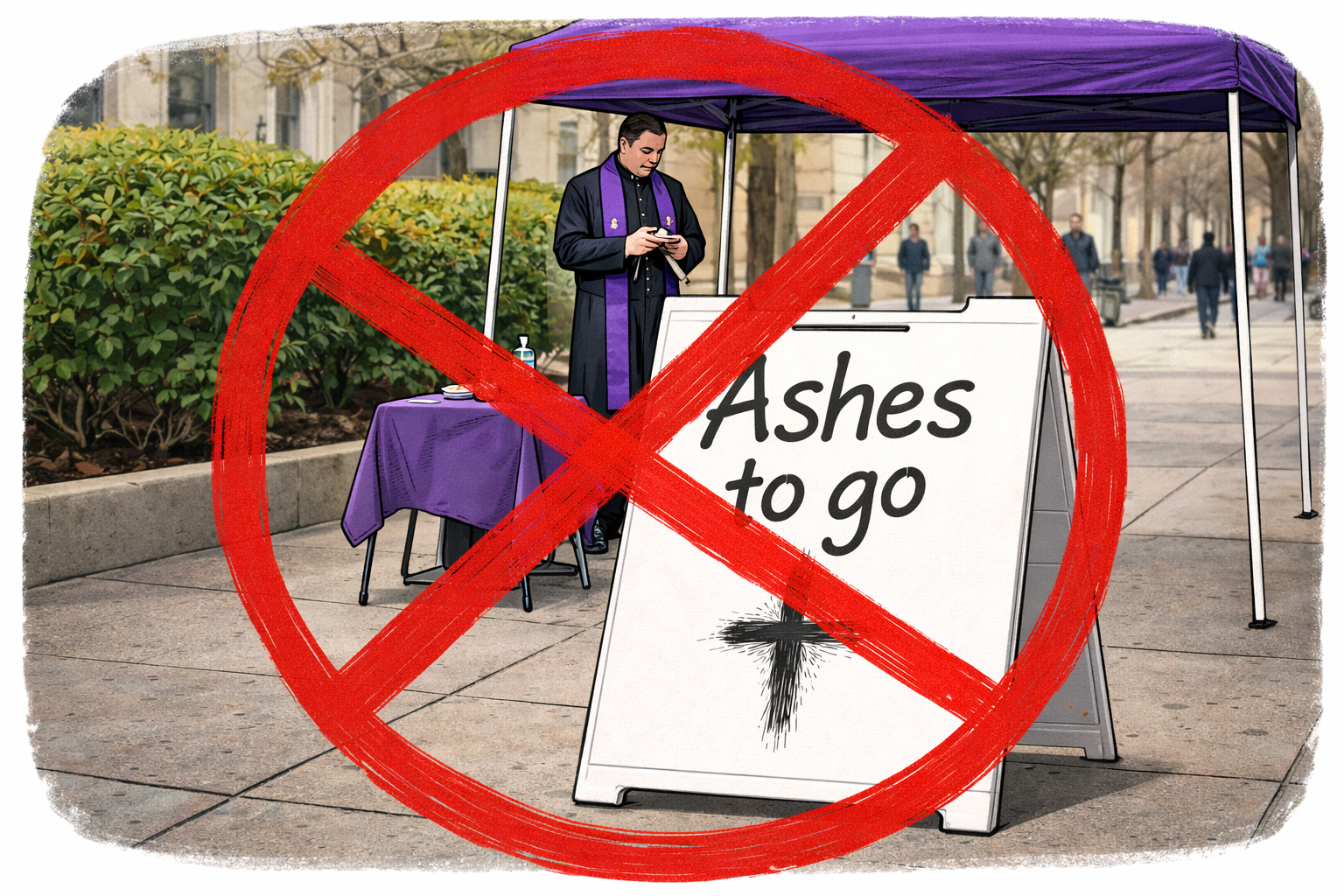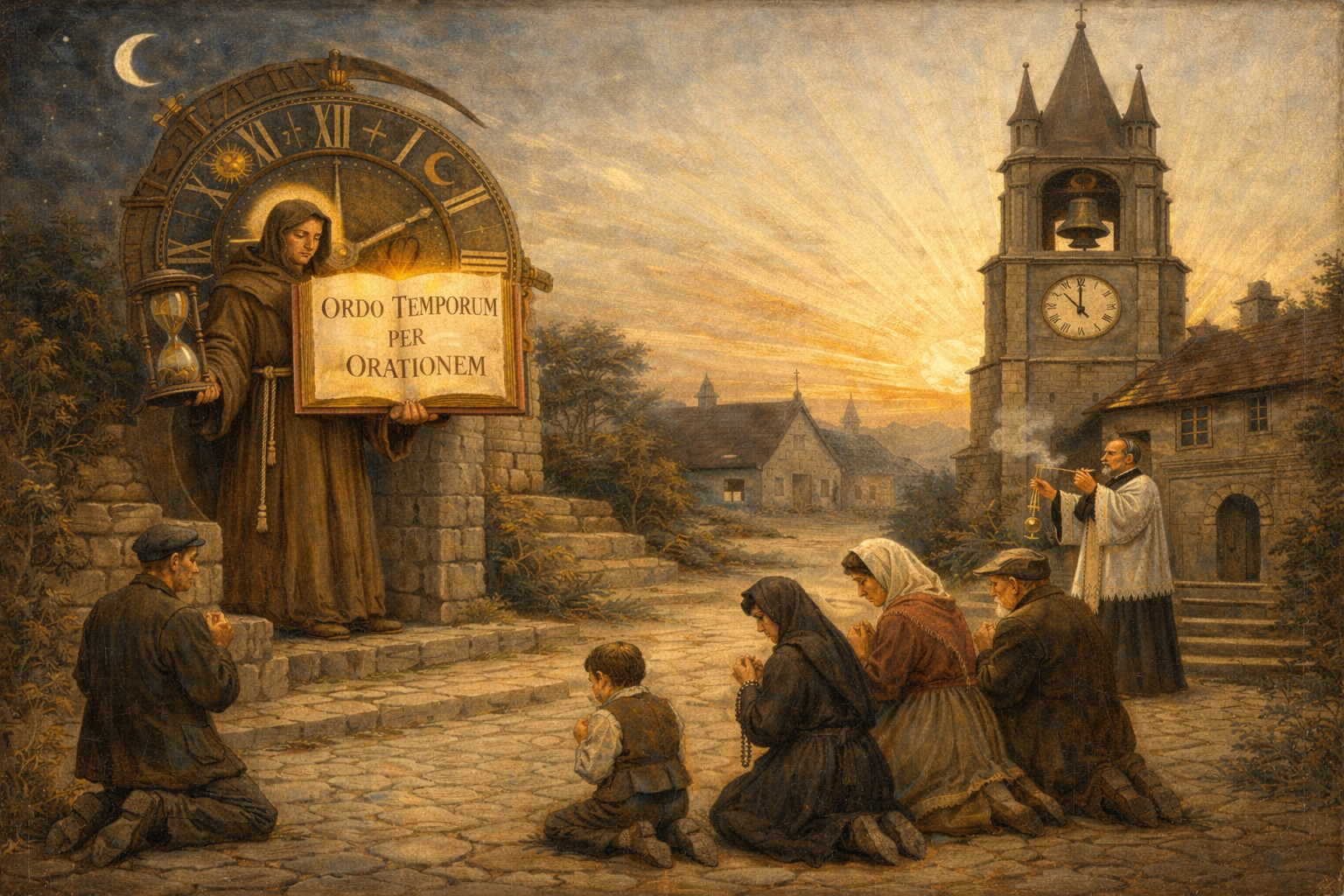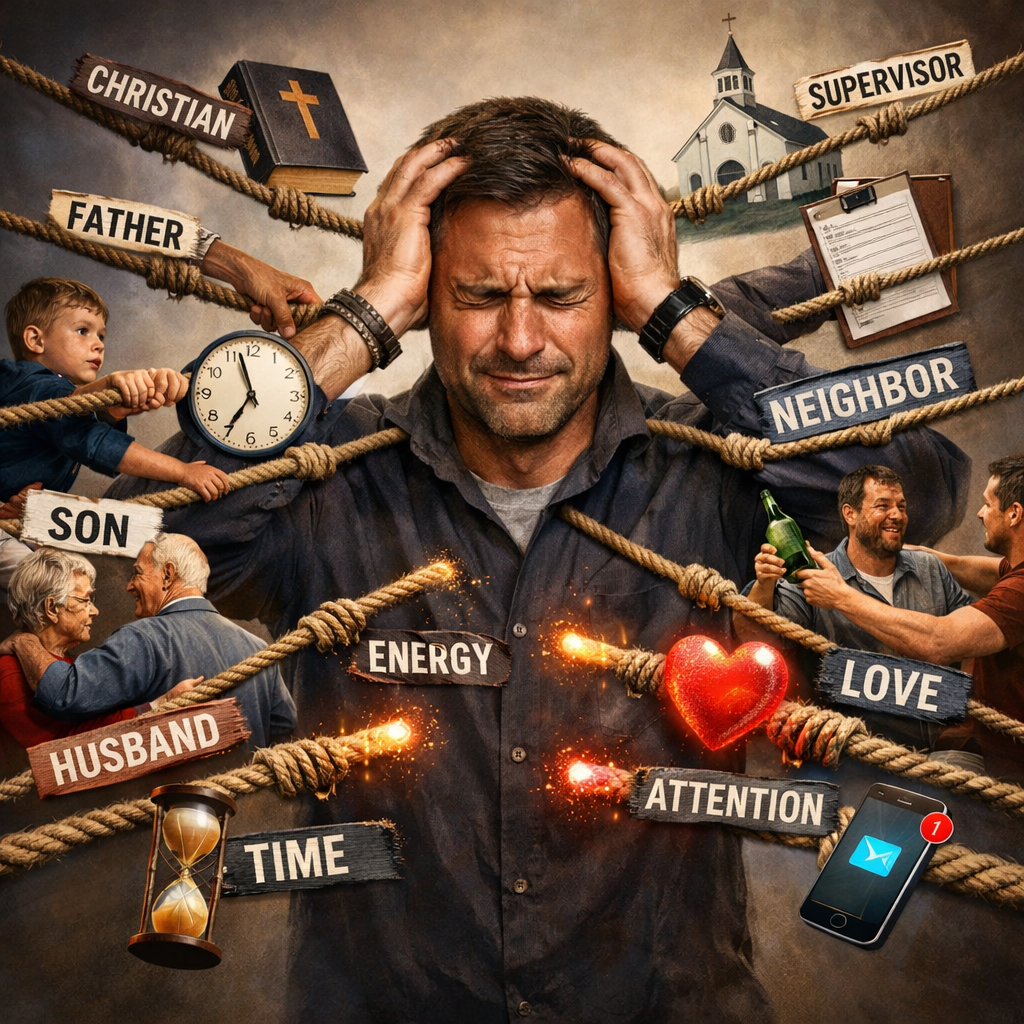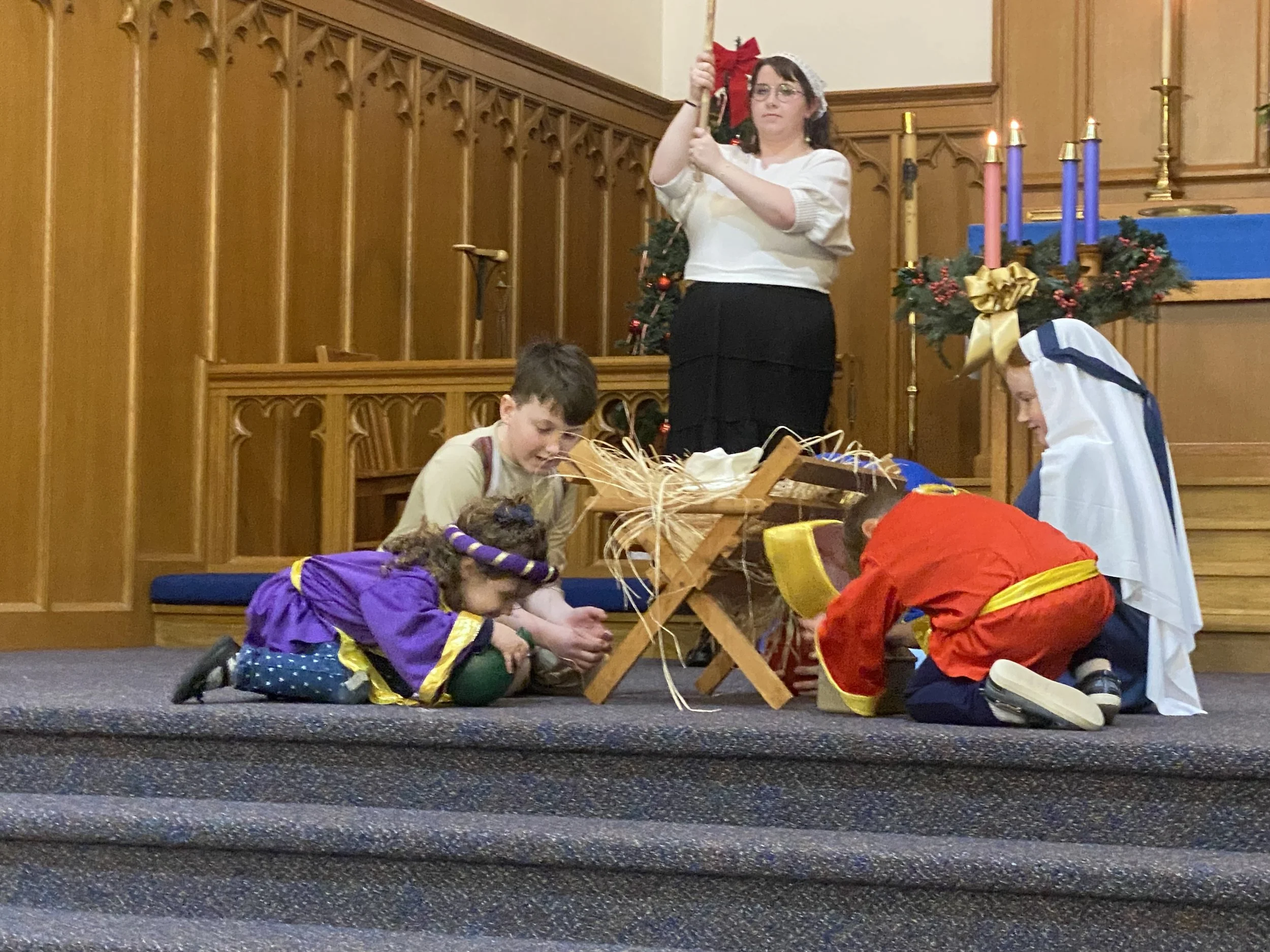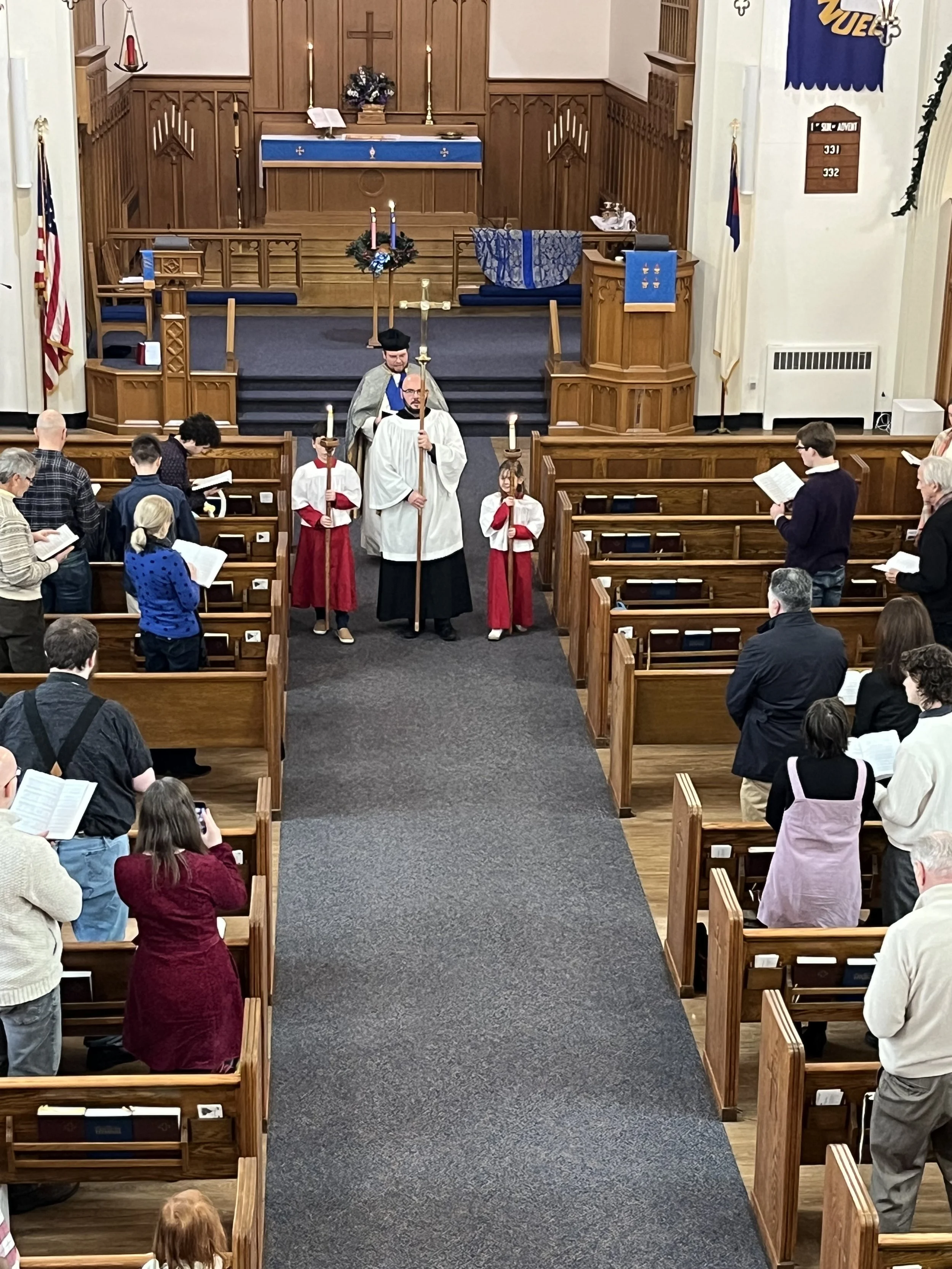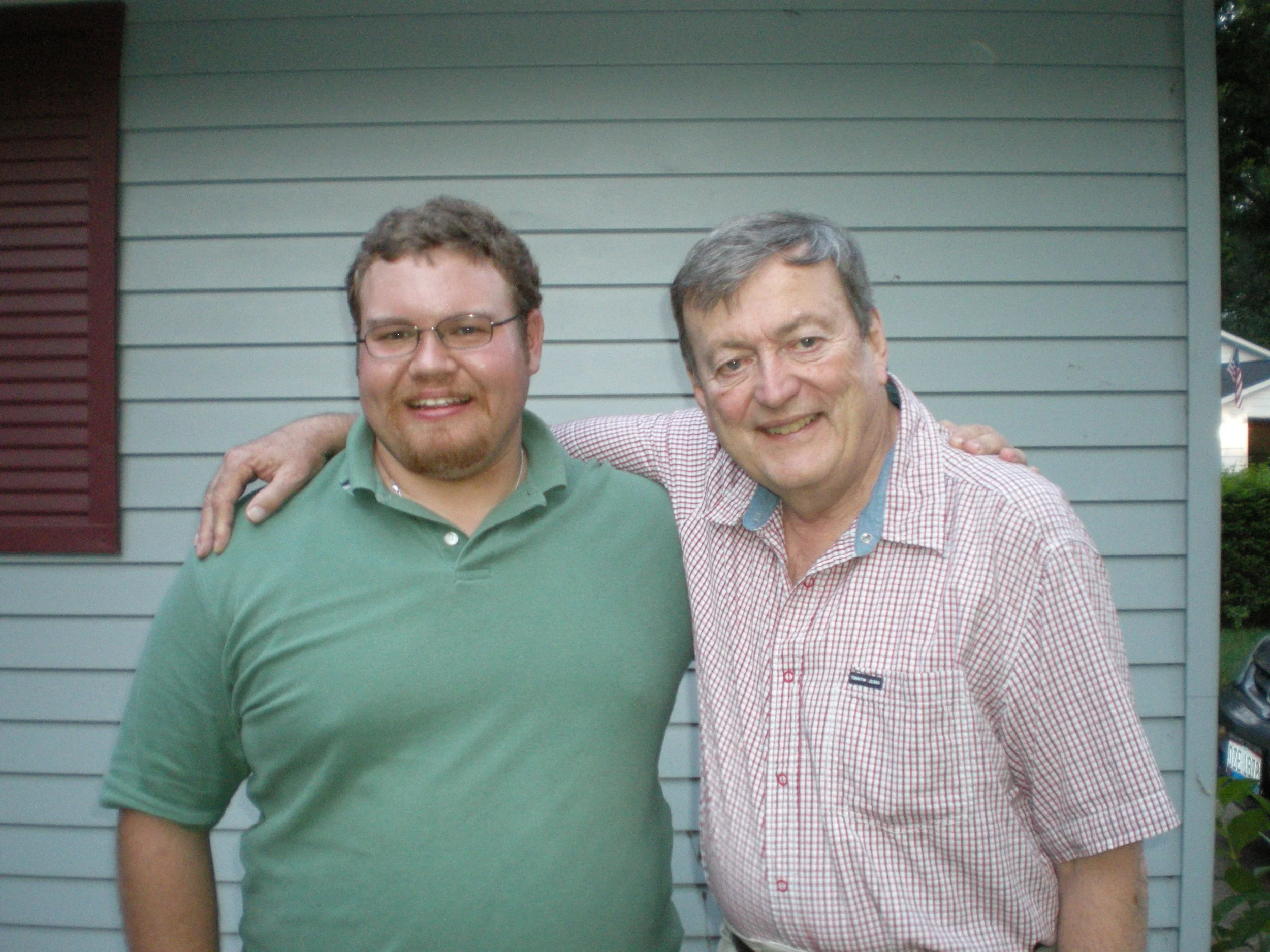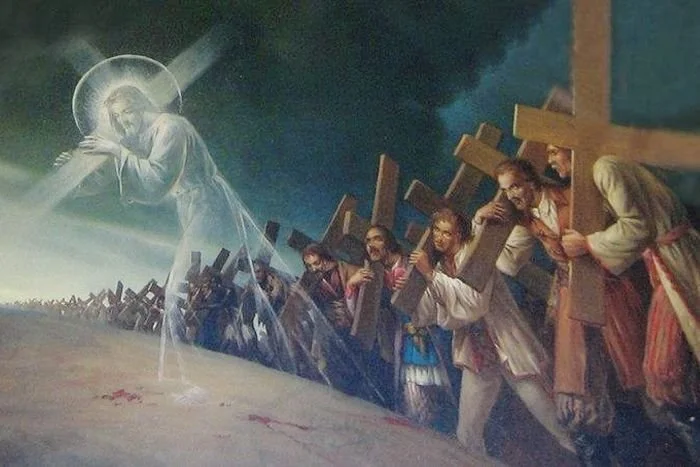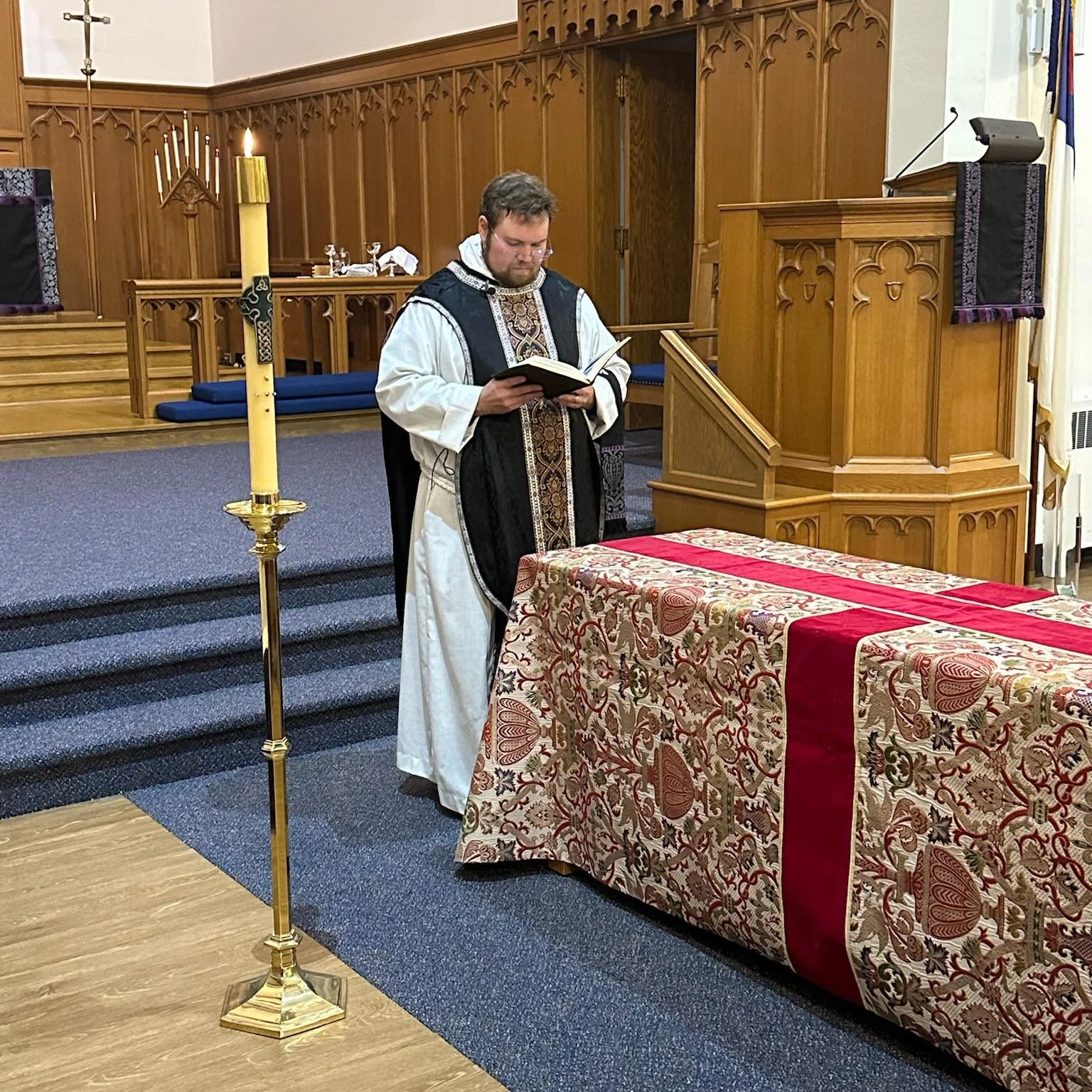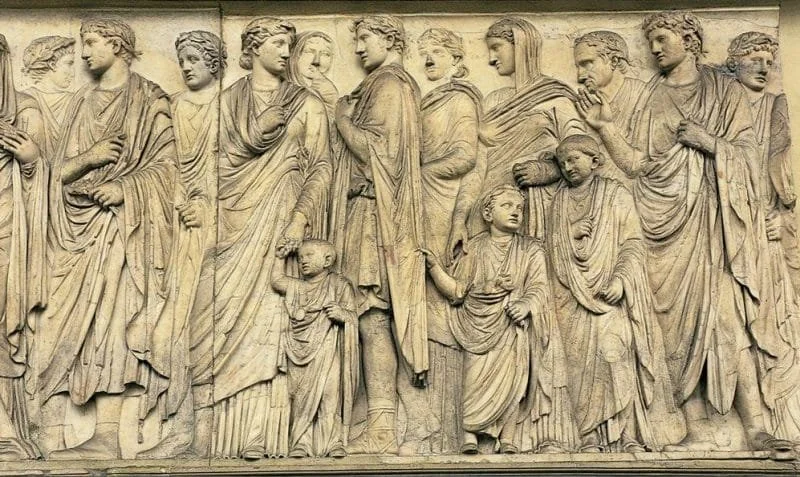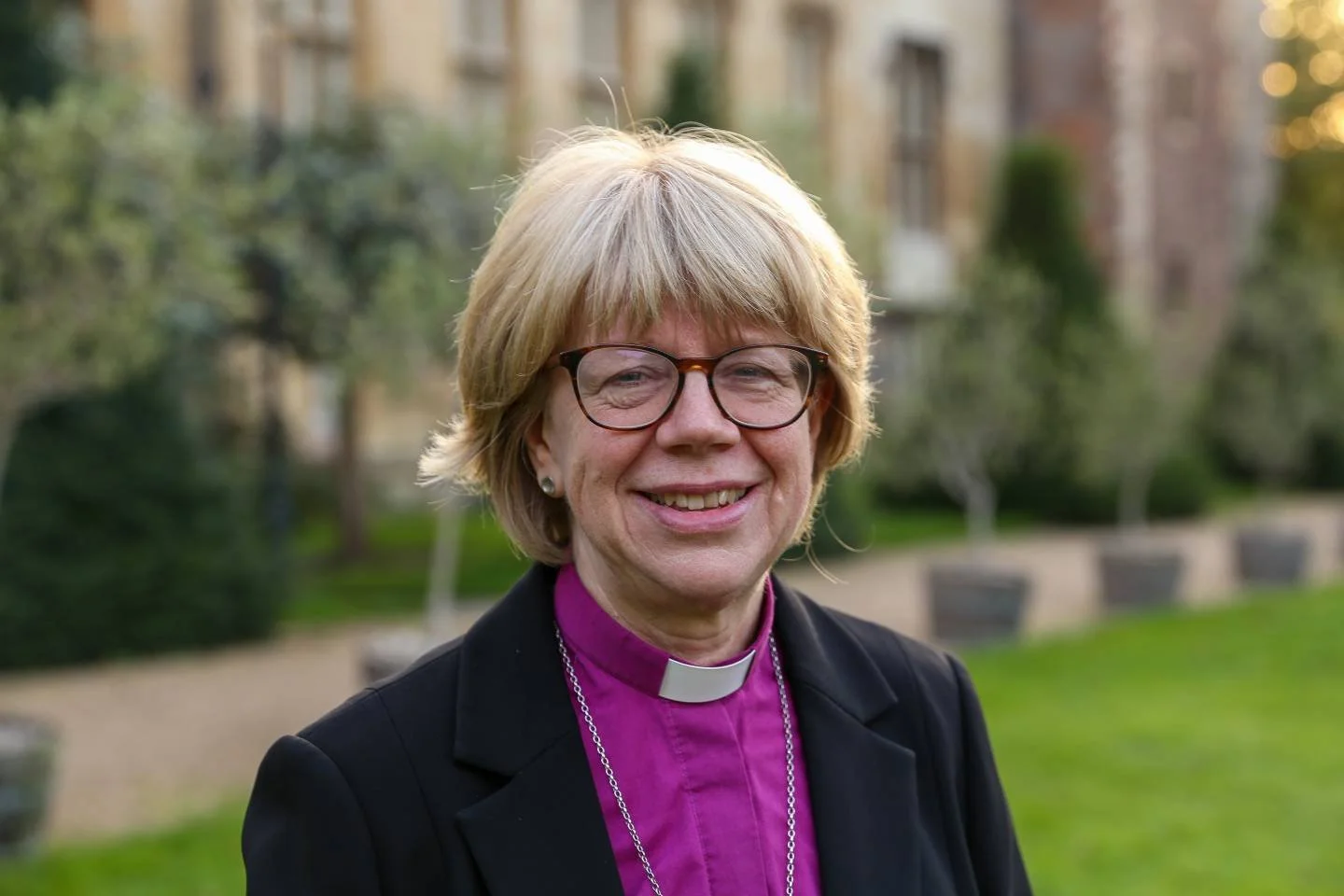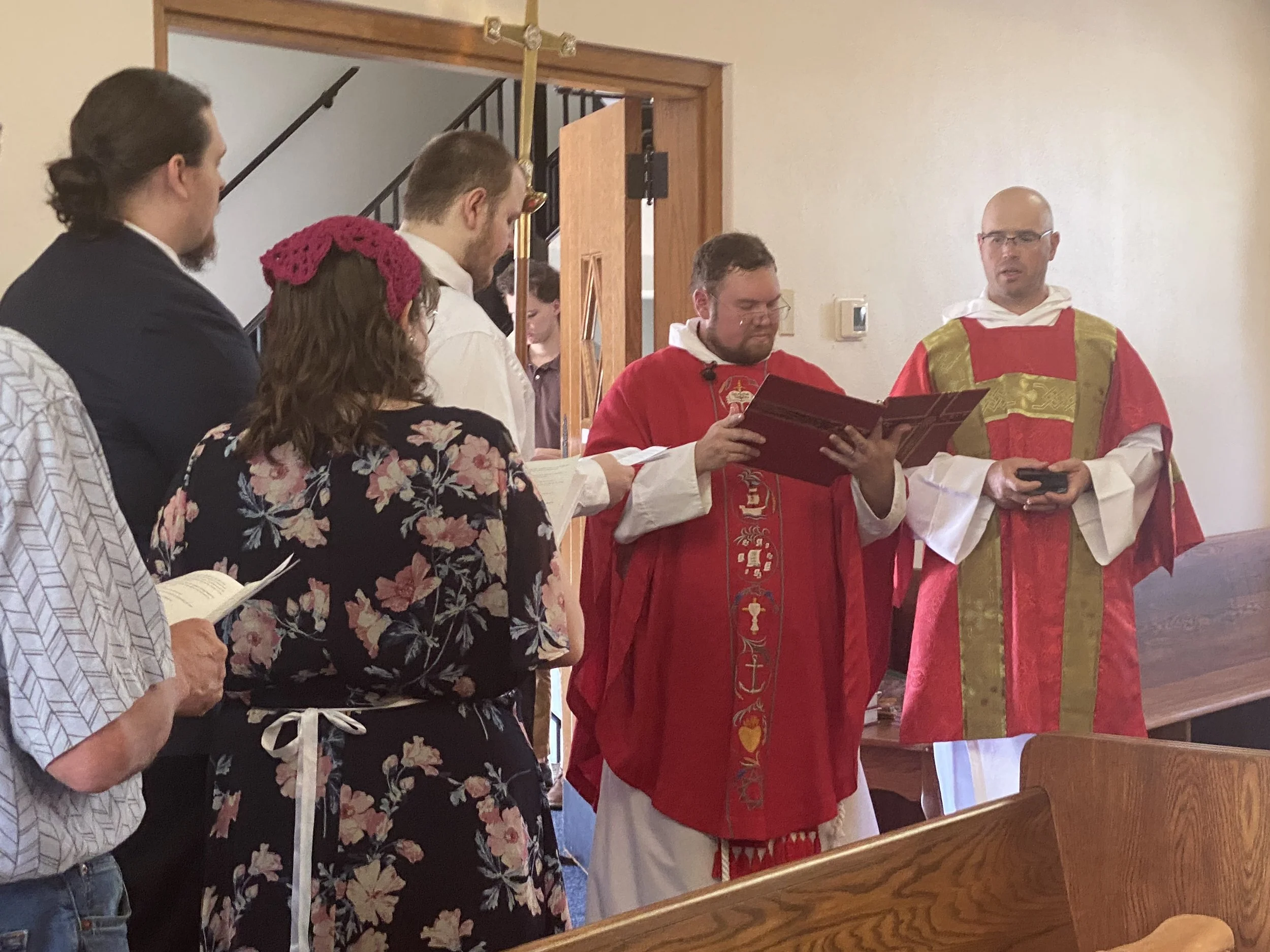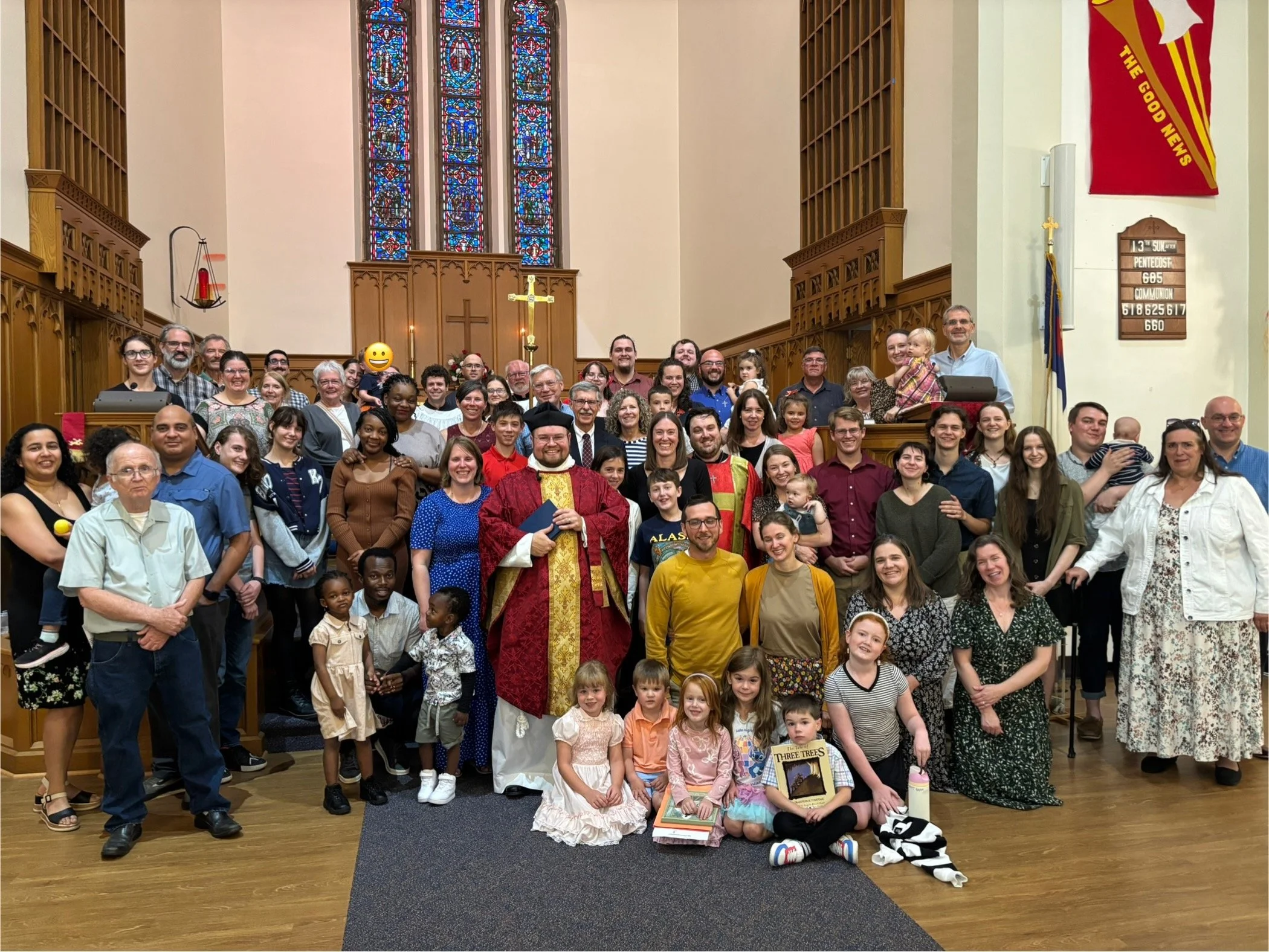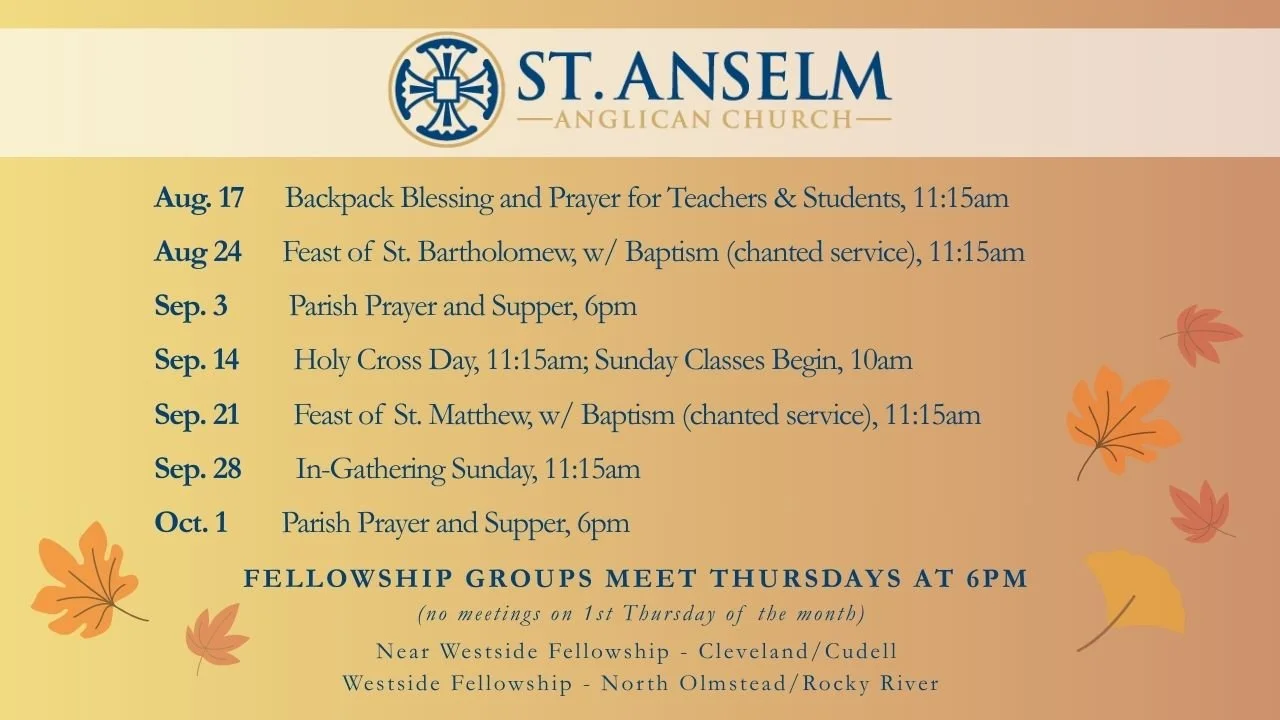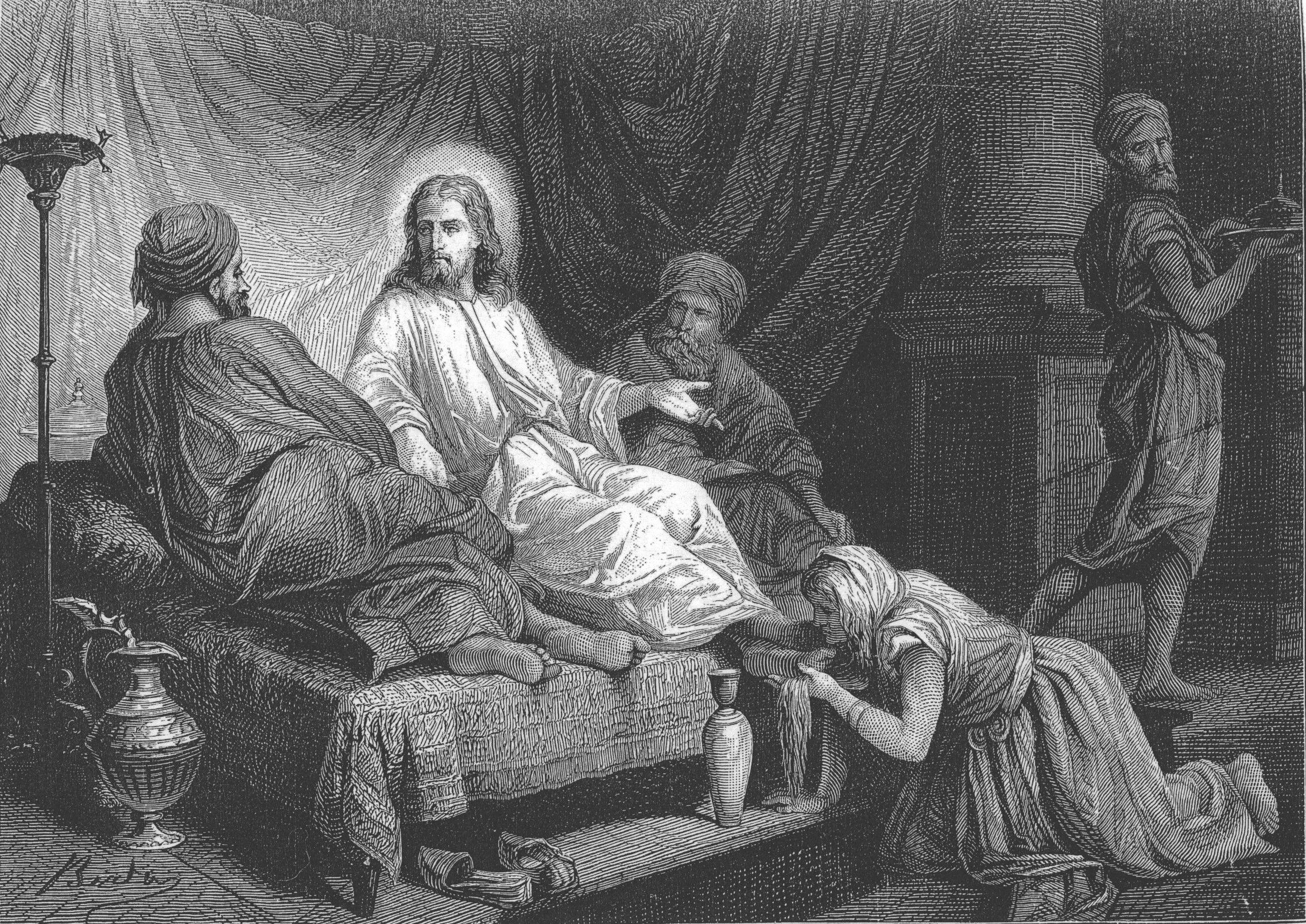The fact that this idea is not rejected at first glance shows the deep unhealthiness of the Church here in the United States (and perhaps elsewhere). What is the point of Ash Wednesday? If the point is to merely give a passing thought to repentance and penitence and go about your usual life you are doing exactly what the Lord Jesus forbids in the appointed Gospel for the day!
Crafting a Rule of Life: Gifts
When we fail to order our time with a rule not only do we cut ourself off from God, but we cut ourselves off from how God would use each other to help us see our giftings. We can’t identify our gifts if we take no time to be taught what they are. Consequently, we cannot recognize God’s gifts in ourselves or in others and we are stifled. That is not God’s plan.
Crafting a Rule of Life: Roles
Even if we could get the balance of life correct, sin gets involved in our desires and expectations. Where do we see God’s grace not just forgiving us our sins but also transforming us in these relationships? Where does the community of Christ fit into the discussion? How can evaluating our relationships help us in asking God to increase his grace so that we can grow in virtue?
The Epiphany and Crafting a Rule of Life
This Sunday I am beginning a rule of life class which aims at making some of these patters (along with others) more intentional for each of us, I hope you will consider attending for the next seven weeks. Let’s commit ourselves as those who have been redeemed and saved by Jesus to follow his example in ordering our lives and our households together.
Advent Preparation Christmas Pageants
Are You Ready?: Reflections on the Advent I Sermon
Interestingly, both are calling us to “Be Ready” but in very different ways. The world revs us up to almost a frantic pace of gift-buying, cleaning, baking, and socializing. The church season of Advent calls us to reflection, recollection and repentance. The world empties you out of energy, patience, and money but the seasons (when we can observe it) fills us up with light - an ordered soul.
The Blessing of Good Leadership: Sermon and Reflection on I Peter 5:1-7
Sundays are special. For as long as I can remember, Sunday morning has been the highlight of my week. Now, maybe it was the box of doughnuts that Mrs. Rieman brought to Sunday School Hour. That didn’t hurt, but even in my younger years I found Sunday mornings to be a time that was special because I experienced God in a different way and I got to see people I really considered to be family.
The Blessings of Trial: Sermon and Reflections on 1 Peter 4:12-19
All Saints' and All Souls' Day
Submission, Love, and Honor: Reflections on 1 Peter 3:1-12
Chapter 3 is complicated. St. Peter assumes the headship that St. Paul writes of in 1 Cor 11:3; Eph. 5:22; Col 3:18. Submission of wives to their husbands is an inherent good for all Christians. St. Peter argues that it brings about virtue in the wife as an adornment in place of vanity (Pt. 3:1-4). A “gentle and quiet spirit, which in God’s sight is very precious” (1 Pt. 4:4). This contrasts greatly with what some have pushed in our own day for many years now - that man and wife in marriages are interchangeable.
Submission, Honor, and Love: Reflections on 1 Peter 2:11-25
We live in a very cynical era where institutions are constantly being undermined and overthrown. This is leading to a great deal of instability and vice (in the name of “freedom”). Christians need to take this chapter to heart and ask themselves how they are interacting with society. We are not called to separate and throw rocks from the outside. We are also not called to have no opinion. It is difficult, but we must model honor so we can call to account when necessary with our hope set on the eternal.
The Archbishop of Canterbury and ACNA
I would also encourage you to read the GSFA statement as well. I began my ministry in the midst of this turmoil and it won’t be going away anytime soon. Be assured by Church history. There are many attacks on the Church and there are lions of the Faith and quislings in every generation. But God is true to His promise that she will endure. If you have questions about Anglican polity or how godly authority works or this news I will be hosting Collects, Coffee, and Conversation this Sunday at 10:00AM.
The Hope of a Christian: Sermon and Reflections on I Peter 1:13-2:10
This past Sunday can only be described as a momentous occasion. I and always greatly humbled when I get to act on behalf of Church and Apostles to bring someone into the Faith but this baptism was extra special because I got to see Taylor brought into the Household of God by his best friends who have been working with him, teaching him the Catechism. One of these friends was just recently baptized himself!
Elect Exiles: A Sermon and Reflections on I Peter 1:1-12
As those who have been set apart we are “Elect Exiles” scattered throughout the world but united in Jesus Christ. This week we have been focusing on three questions:
In what areas of your life would thinking of yourselves as “elect exiles” change the way you think, feel, or act?
How is it possible - and right - for Christians to rejoice in trial (I Peter 1:6-9)
What stops us from greatly rejoicing during “various trials”
I have been thinking on these questions this week and I hope you have too. They are challenging because they confront us in our comfort.
2025 Fall Congregational Letter
Back to School Time!
It’s back to school time in the Templeton household and in the Household of God too! We have a very exciting Fall planned here at St. Anselm Anglican Church. Confirmation class has begun already!
Take a look at the video here and the September Schedule.
Wednesday of Holy Week
Assist us mercifully with your grace, Lord God of our salvation, that we may enter with joy upon the meditation of those mighty acts by which you have promised us life and immortality; through Jesus Christ our Lord, who lives and reigns with you and the Holy Spirit, one God, for ever and ever. Amen.
Tuesday of Holy Week
O Lord our God, whose blessed Son gave his back to be whipped and did not hide his face from shame and spitting: Give us grace to accept joyfully the sufferings of the present time, confident of the glory that shall be re- vealed; through Jesus Christ our Lord, who lives and reigns with you and the Holy Spirit, one God, for ever and ever. Amen.
Monday of Holy Week
Almighty God, whose most dear Son went not up to joy but first he suffered pain, and entered not into glory before he was crucified: Mer- cifully grant that we, walking in the way of the cross, may find it none other than the way of life and peace; through Jesus Christ our Lord, who lives and reigns with you and the Holy Spirit, one God, for ever and ever. Amen.
